Bidirectional Integration between Dynamics 365 Marketing and Microsoft Power Platform
Learn how to orchestrate campaigns, customer journeys, and lead management by connecting Dynamics 365 Marketing with Dataverse, Azure, and Power Automate.
Integration Overview
The integration between Dynamics 365 Marketing and Microsoft Power Platform enables the creation of a fully connected marketing ecosystem where customer data, campaigns, and engagement journeys are orchestrated seamlessly through Microsoft Dataverse. This connection allows users to leverage Power Automate, Power BI, and AI Builder to automate processes, analyze results, and enhance communication personalization.
According to Microsoft’s architectural guidelines, the Marketing module relies on Azure to host pages, forms, and campaign delivery mechanisms. This setup is transparent for the end user: no separate Azure subscription is needed, as the infrastructure is managed as part of the shared cloud service.
Technical Architecture
Dynamics 365 Marketing is built on two fundamental pillars:
- Dataverse: the central repository for contacts, leads, segments, and customer journey data;
- Azure Services: used to host web forms, landing pages, and mass-automation processes such as email delivery and interaction analytics.
The following diagram summarizes the main integration flow:
Main Components Involved
- Dynamics 365 Marketing App: manages campaigns, segments, and marketing automations.
- Microsoft Dataverse: stores leads, contacts, and interaction data.
- Microsoft Azure: hosts marketing pages and handles analytics and mailing services.
- Power Automate: enables workflow automation between Dataverse and other systems.
- Power BI: analyzes conversion metrics and campaign performance.
Integration Features and Benefits
The bidirectional integration provides several functional advantages:
- Unified access to data between Marketing and other Dynamics 365 modules such as Sales and Customer Service.
- Automated nurturing processes through Power Automate.
- Comprehensive campaign tracking with Power BI for advanced reporting.
- Simplified management of modules and landing pages hosted on Azure.
- Support for omnichannel marketing scenarios and personalized customer journeys.
Integration with Microsoft 365 Services
Dynamics 365 Marketing also natively integrates with Exchange for email delivery, SharePoint for content storage, and Teams for collaboration on marketing projects. This interoperability is enabled by the shared authentication model based on Azure Active Directory.
Common Use Scenarios
Some practical examples of integration implementation:
- Automatic synchronization of leads generated from Power Pages forms directly into Dataverse.
- Creating Power Automate flows to send internal notifications to sales teams when a lead reaches a specific score threshold.
- Analyzing campaign performance in Power BI using data from Dataverse and Marketing Insights.
- Automating campaign or content approval processes through Power Automate and Teams.
Configuration Best Practices
To properly implement bidirectional integration, Microsoft recommends:
- Ensuring that Dynamics 365 Marketing and Dataverse reside within the same Microsoft 365 tenant.
- Properly configuring sending profiles and SMTP connections under Settings > Marketing Setup.
- Enabling synchronization of segments and leads between Dataverse and Marketing using Power Automate flows.
- Using Azure Monitor and Power Platform Admin Center for performance monitoring.
A well-configured integration reduces data duplication, improves information quality, and enables consistent and personalized customer experiences.
Frequently Asked Questions about Dynamics 365 Marketing Integration
Is an Azure license required to use Dynamics 365 Marketing?
No, a separate Azure license is not required. The hosting and automation features are already included within the managed cloud service provided by Microsoft.
How are leads synchronized between Marketing and Sales?
Synchronization occurs via Microsoft Dataverse, which acts as a common database for both modules. Custom flows can be created in Power Automate to handle specific record alignment logic.
Can I use Power BI to analyze Marketing data?
Yes. Power BI can connect directly to Dataverse and Dynamics 365 Marketing datasets to generate advanced dashboards and reports, even in real time.
Integrate Your Marketing with Power Platform
Rely on Esamatic to design and implement an effective integration between Dynamics 365 Marketing and the Microsoft ecosystem.

